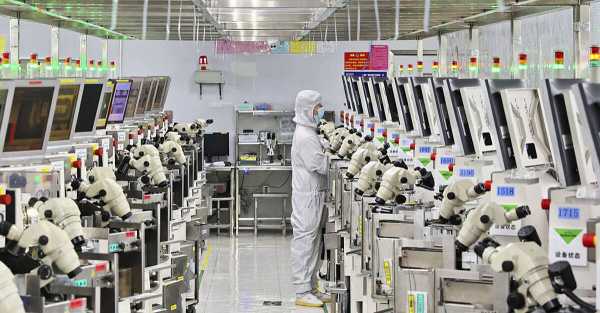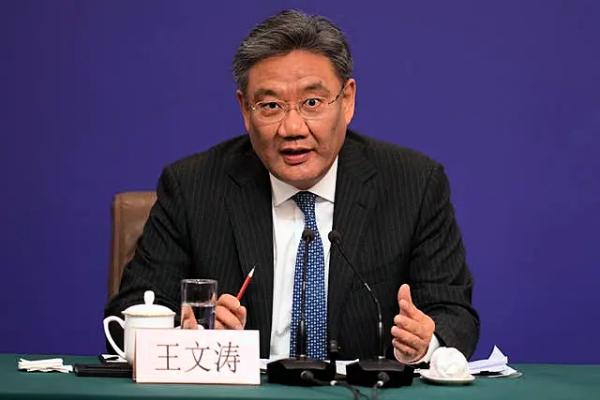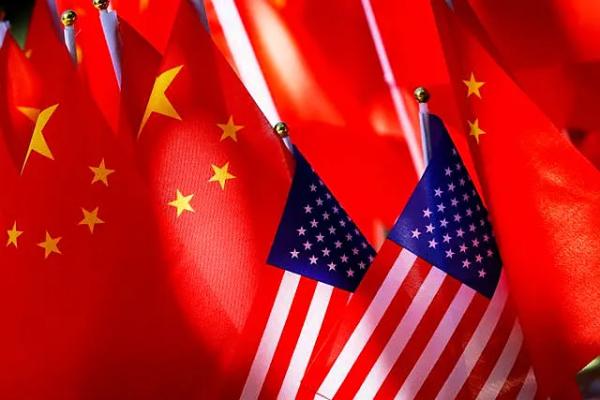
China announced on Tuesday that it is banning exports to the United States of gallium, germanium, antimony and other key hi-tech materials with potential military applications.
The Chinese Commerce Ministry announced the move after Washington expanded its list of Chinese companies subject to export controls on computer chip-making equipment, software and high-bandwidth memory chips. Such chips are needed for advanced applications.
The ratcheting up of trade restrictions comes at a time when President-elect Donald Trump has been threatening to sharply raise tariffs on imports from China and other countries, potentially adding to simmering tensions over trade and technology.

China said in July 2023 that it would require exporters to apply for licences to send to the US the strategically important materials such as gallium and germanium.
In August, the Commerce Ministry said it would restrict exports of antimony, which is used in a wide range of products from batteries to weapons.
China is the biggest global source of gallium and germanium, which are produced in small amounts but are needed to make computer chips for mobile phones, cars and other products, as well as solar panels and military technology.
The Commerce Ministry protested and said it would act to protect China’s “rights and interests” after the US announced it was adding 140 companies to a so-called “entity list” subject to strict export controls. Nearly all are based in China, though some are Chinese-owned businesses in Japan, South Korea and Singapore.
Both governments said their respective export controls were needed for “national security”.

In hitting back at the latest move by Washington to slow China’s progress in developing advanced technology with potential military applications, China is tightening controls announced in July 2023.
China’s government has been frustrated by US curbs on access to advanced processor chips and other technology on security grounds but was cautious in retaliating, possibly to avoid disrupting China’s fledgling developers of chips, artificial intelligence and other technology.
Various Chinese industry associations issued statements protesting at the US move.
The China Association of Automobile Manufacturers said it opposes using national security as a grounds for export controls, “abuse of export control measures, and the malicious blockade and suppression of China”.
“Such behaviour seriously violates the laws of the market economy and the principle of fair competition, undermines the international economic and trade order, disrupts the stability of the global industrial chain, and ultimately harms the interests of all countries,” it said in a statement.

The China Semiconductor Industry Association issued a similar statement, adding that such restrictions are disrupting supply chains and inflating costs for American companies.
“US chip products are no longer safe and reliable. China’s related industries will have to be cautious in purchasing US chips,” it said.
The US gets about half its supply of both gallium and germanium metals directly from China, according to the US Geological Survey.
China exported about 23 metric tonnes of gallium last year and produces about 600 metric tonnes of germanium per year.
Sourse: breakingnews.ie






